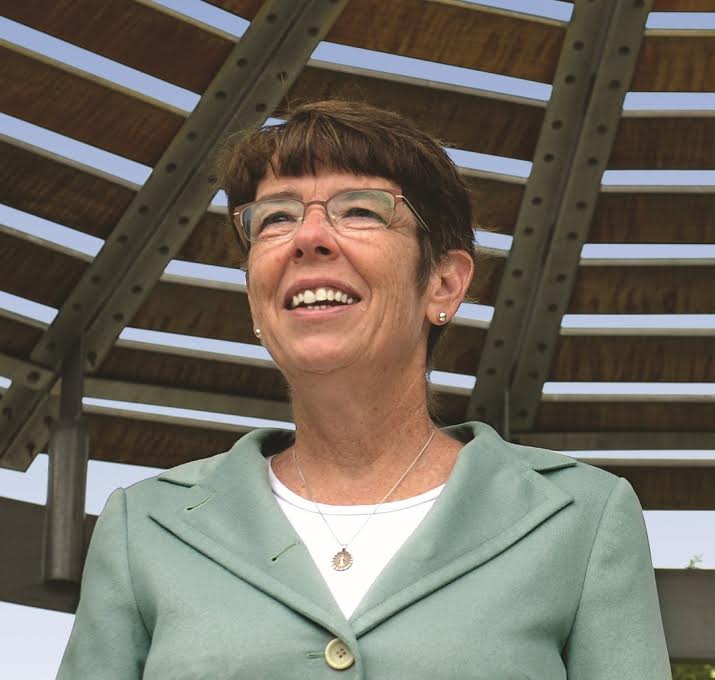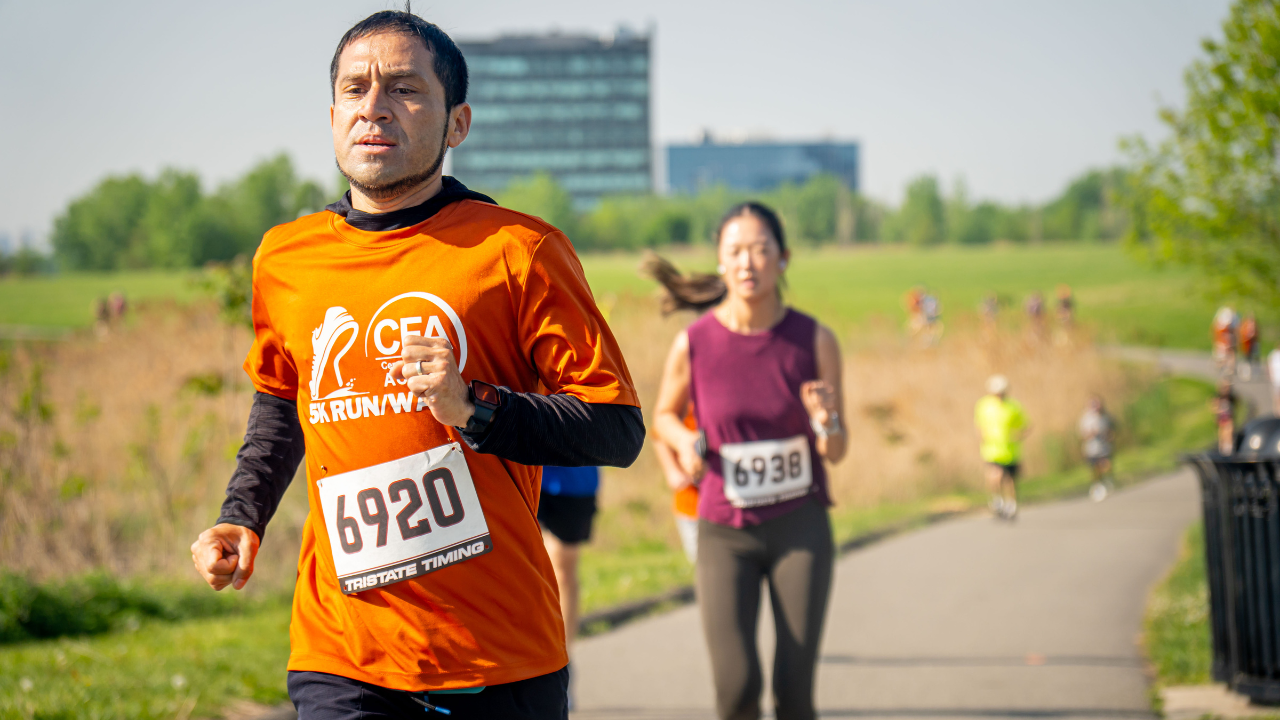Sister Mary Scullion, founder of Project HOME [Credit: Sarahn Sankofa]
(PHILADELPHIA) — Sister Mary Scullion, R.S.M., is an advocate for people experiencing homelessness in Philadelphia. In 1989, she co-founded Project HOME in order to provide affordable housing, opportunities for employment, education, and medical care for people experiencing chronic homelessness. In 2009, Time magazine named her one of the most influential people in the world alongside Michelle Obama and Oprah Winfrey. Today, her mission continues in the midst of COVID-19. The Click spoke with Sister Mary by phone to discuss her pursuit of ending homelessness in Philadelphia, the urgent need for affordable housing and the importance of her advocacy during COVID-19. This conversation has been edited for length and clarity.
The Click: When did you first have the idea to start Project HOME?
Sister Mary: Well, when Joan McConnon and I—Joan also is co-founder of Project HOME—when we were doing street outreach we saw that people were on the street and really wanted and needed housing. So, we were moved by their plight. In the beginning, because it was so cold outside and it was the wintertime, we started with a winter emergency shelter, but we soon found out that shelter wasn’t enough. People needed housing and then we found out housing isn’t enough. People need jobs and healthcare and education. Our experience in working with people experiencing homelessness was the light that guided our work and how we preceded over the past 40 years.
The Click: Can you speak about the relationship between Project HOME, Vote for HOMES Coalition, and Rock The Vote and their importance for this upcoming election?
Sister Mary: The roots of Project HOME were always in advocacy. We actually worked for the right of people to vote in the late 70s—early 80s. And so once people that experience homelessness have the right to vote, we always encouraged voter education, voter registration, and voter participation since we started Project HOME. And Vote for HOMES was just a natural outgrowth of that. We not only helped organize for the men [and] women that were part of the Project HOME community but in a broader community in Philadelphia for those experiencing homelessness. We did voter education information and always had elected officials come and speak to people that have experienced or are experiencing homelessness as part of our civic engagement and holding our elected officials accountable.
So, it’s critically important that all people from all walks of life get out there and vote and, again, because people who are experiencing homelessness have many more barriers than others that have homes, we provide a little bit extra support in mobilization, in voter mobilization, and transportation and registration.
The Click: How has COVID-19 exacerbated the needs of people experiencing homelessness in the city of Philadelphia?
Sister Mary: Well, COVID-19 has laid bare the serious wounds of homelessness. Most visibly, when there are stay-at-home orders to protect people and communities, people that are experiencing homelessness can’t stay at home, obviously. So, it leaves them and our communities at greater risk. And we have long believed and seen that housing is healthcare. When you have a home, your health outcomes are so much better than when you don’t have a home. So, COVID-19 is just one dramatic example of how housing is healthcare.
To learn more about Project HOME, visit their website at www.projecthome.org.


